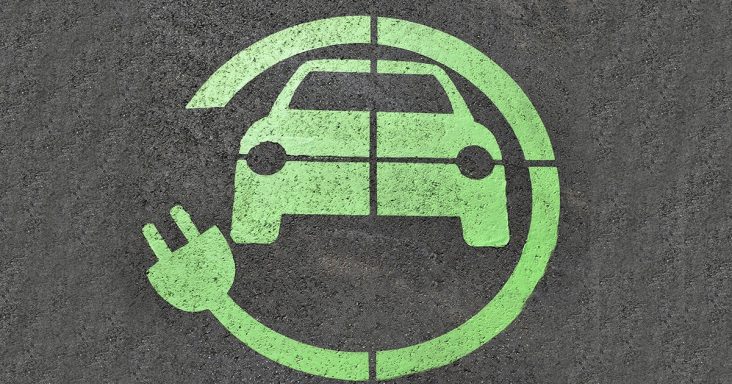EIA: Vehicles used more electricity than rail systems in 2023
by May 20, 2024 1:12 pm 1,014 views

Light-duty vehicles in the United States used more electricity than rail systems for the first time in 2023 amid rising sales of electric vehicles (EVs), according to the U.S. Energy Information Administration (EIA).
A new EIA analysis released Monday (May 20) shows electricity consumption by EVs rose to 7,596 gigawatt-hours in 2023, almost five times the consumption in 2018. Annual electricity consumption by railways has remained flat at about 7,000 gigawatt-hours over the past two decades.
Railways has been the largest electricity end-user in the transportation sector since 2003. Over that period, municipal railway systems or electrified passenger rail have had limited expansion.
In recent years, EV sales have risen, comprising 16% of all light-duty vehicle sales in 2023. Since 2018, the shares of electricity consumption have been flat for battery electric vehicles and plug-in hybrid electric vehicles. More recently, the number of battery electric vehicle model options have risen as their prices have fallen. In 2023, battery electric vehicles comprised 72% of overall electricity consumption by EVs.
In 2023, more than one-third of U.S. EV electricity consumption was in California, followed by Florida with 6%.
According to research by Jefferies analysts, U.S. EVs sales rose by 2.6% to 120,000 vehicles in April from the same month in 2023. The April sales number is down by 12.1% from March. EV sales as a percentage of total vehicles sold rose by 0.5 percentage points to 9.1% in April from the same month in 2023.
“We expect additional new U.S. EV model releases in the coming years from legacy (original equipment manufacturers),” the analysts said. “And, given approved EV infrastructure support, notably with both Ford and (General Motors) recently being given access to Tesla’s supercharging network, we anticipate U.S. EV ramp to accelerate following years of underperformance relative to Europe and China.”
